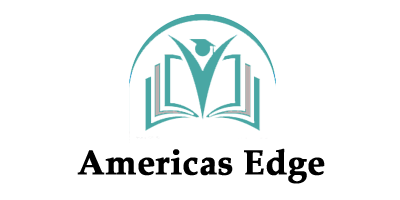The brain of a child until the time they reach eight years of age is like a sponge. It soaks in everything they perceive, and it is soft enough to be shaped into any form. At this level of the rapid phase of growth and development, it is crucial to ensure that the people who educate them and surround them are capable of doing it. In this article, we focus on for whom early childhood education can be the right choice of career. Anyone considering this path should ask a vital question:
- Do I like working with children?
Only if the answer is yes, should the follow the path. The next question should be:
- Do I have the patience, dedication, and sensitivity required by children?
If you lack even one of these qualities, the profession may not be the best path for you. Keeping up with young kids can be exhausting, but if you are up to the challenge, it rewards exceedingly. One has to keep in mind that young ones are very dissimilar to older students. Most often the teacher is the first adult a child interacts with for the first time. What they need is unique, and only a teacher aware of this can succeed in the career.



